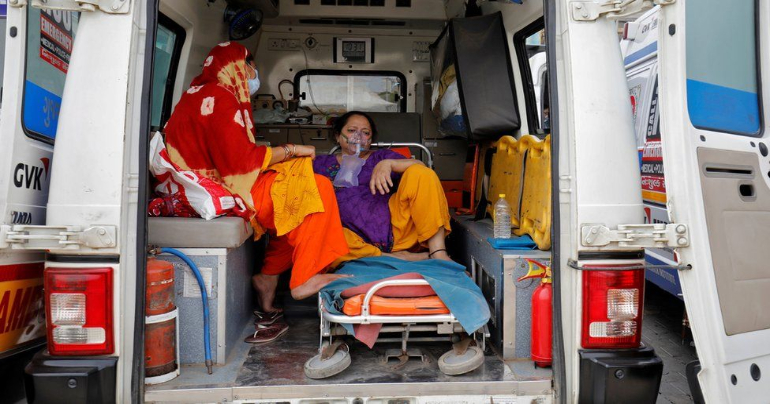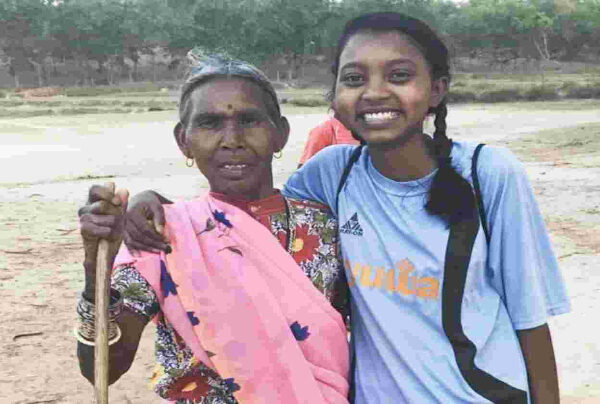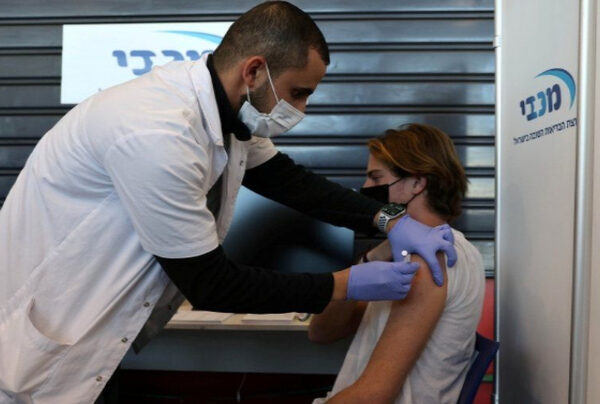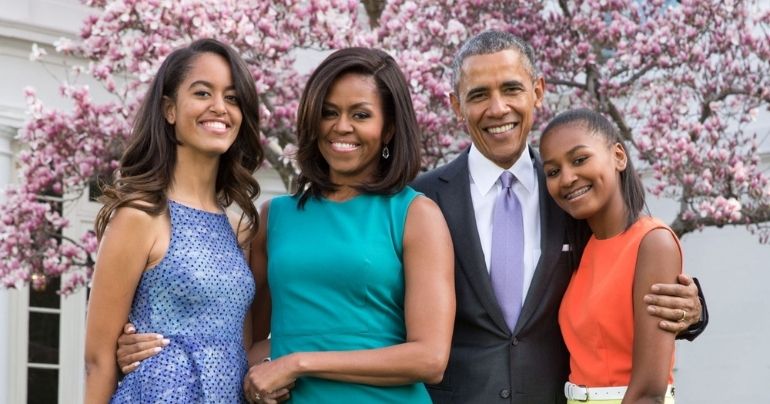Indian hospitals say their patients are dying because of a shortage of oxygen as Covid case numbers and deaths set new records for a third day running.
India has recorded nearly a million infections in three days, with 346,786 new cases overnight into Saturday.
At the Jaipur Golden Hospital in Delhi, 20 people died overnight because of a lack of oxygen, an official said.
The government says it is deploying trains and the air force to transport supplies to hard-hit areas.
The number of deaths across India rose by 2,624 in the 24 hours to Saturday, up from 2,263 on Friday.
The World Health Organization (WHO) said the situation in India was a “devastating reminder” of what the coronavirus could do.
Earlier this year, the Indian government believed it had beaten the virus. New cases fell to 11,000 by mid-February, vaccines were being exported, and in March the health minister said India was “in the endgame” of the pandemic.
However, since then, a new surge has erupted, driven by the emergence of new variants, as well as mass gatherings, such as the Kumbh Mela festival, where millions of pilgrims gathered earlier this month.
‘Patients will die’
Hospitals in Delhi have warned they are at breaking point. At the Holy Family Hospital, intensive care units are full and there is no room for any more beds.
“Almost every hospital is on the edge. If oxygen runs out, there is no leeway for many patients,” Dr Sumit Ray told the BBC.
“Within minutes, they will die. You can see these patients: they’re on ventilators, they require high-flow oxygen. If the oxygen stops, most of them will die,”
Another hospital had put out an SOS message for oxygen, saying it was down to 30 minutes’ supply. The Moolchand Hospital, which has 135 Covid patients on life support, said all the hospitals in the area were in a similar situation.
“We have retained all our night staff to make sure we save as many lives as we can,” Moolchand’s medical director Madhu Handa told the NDTV news network.
“We hope the supply comes in time but we’re keeping our fingers crossed, and this is a never-ending thing: it happens every day.”
The hospital had stopped admitting patients until the situation was resolved, she said.
At the Jaipur Golden Hospital, a doctor told the BBC the government had allocated 3.6 tonnes of oxygen, to be delivered by 17:00 on Friday.
However, the supply – a fraction of what was promised – only arrived at midnight, he told the BBC.
On Friday, Delhi’s Chief Minister Arvind Kejriwal pleaded for oxygen supplies on live TV, Reuters news agency reported.
“All of the country’s oxygen plants should immediately be taken over by the government through the army,” he said.
Desperate families have been appealing for oxygen on social media. The BBC’s Soutik Biswas was among those receiving appeals.
A virologist at the Christian Medical College in the city of Vellore in southern India, Gagandeep Kang, told the BBC more action was needed to stop the spread of the virus.
“We need to ensure that there are no non-essential activities taking place. You know what Indian weddings are like, and restricting the size of gatherings, whether it is for family reasons, other social reasons or for business or for political rallies. All of that really needs to stop,” she told the BBC.
“I don’t think a national lockdown is required, but I think that in places that are showing a rise in cases, we do need to intervene with greater stringency than we have done in the past.”







Leave a Comment